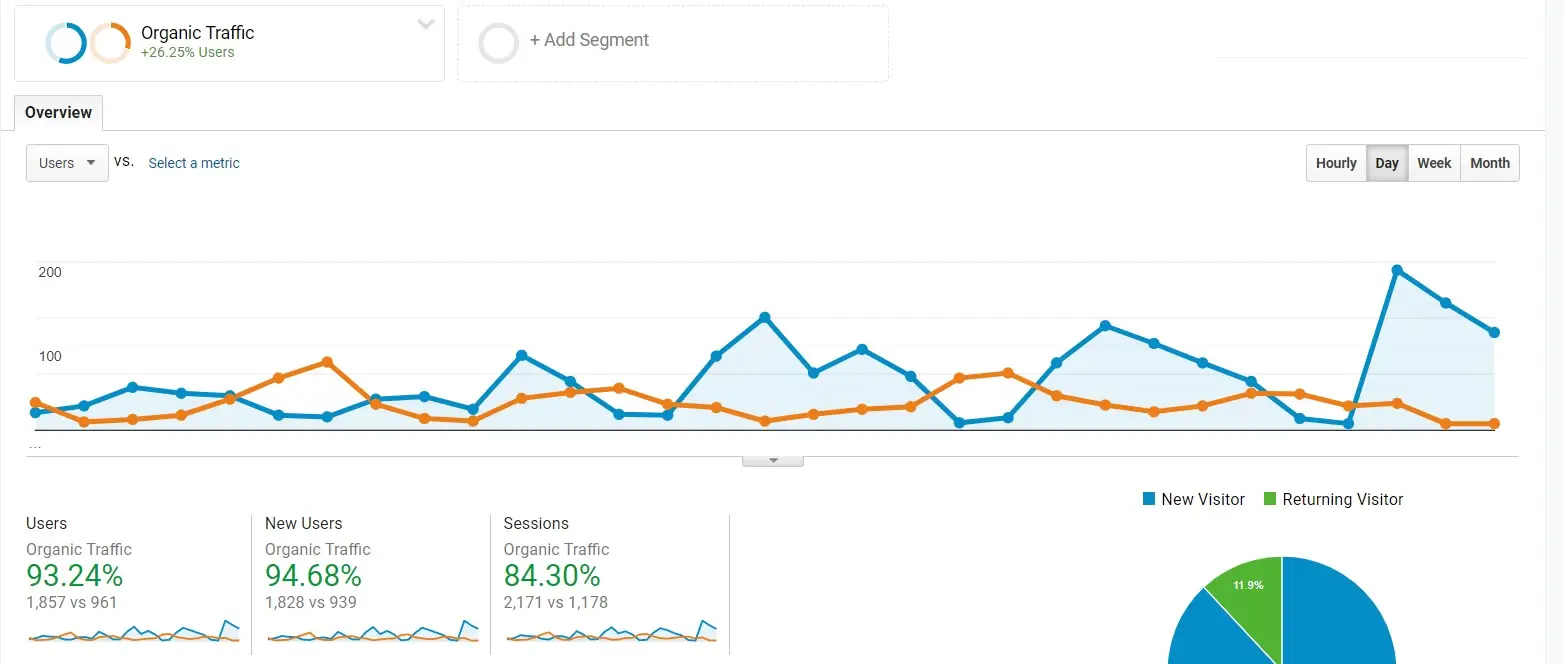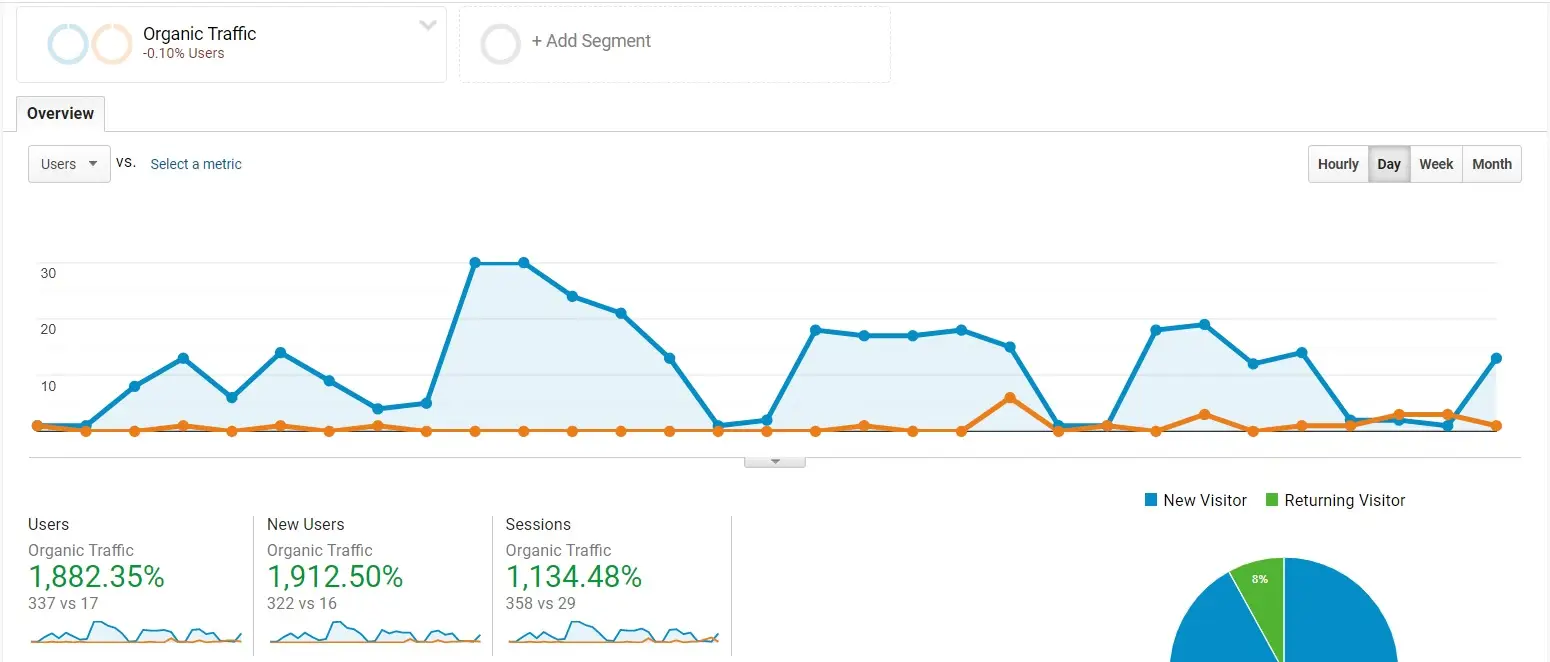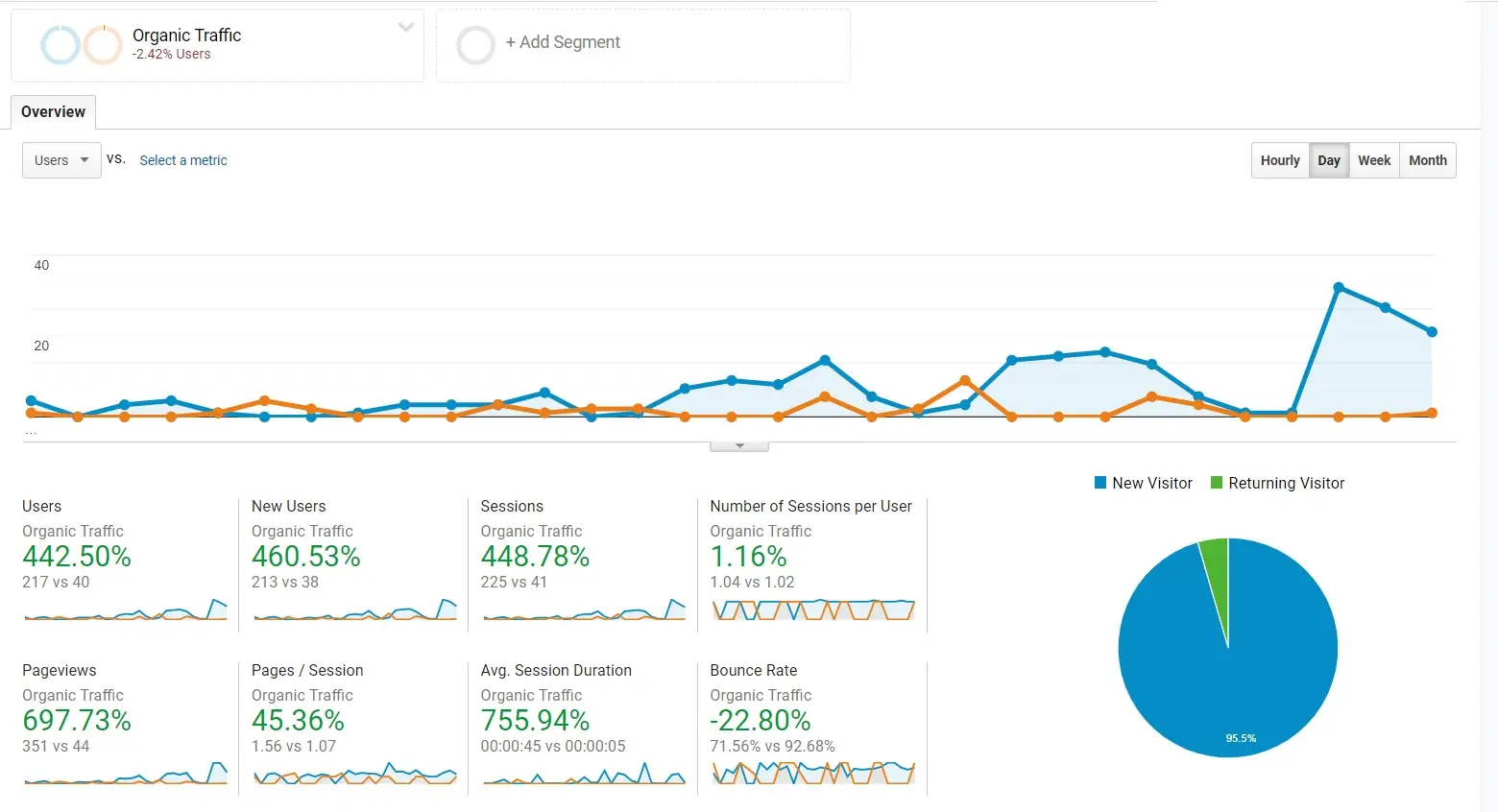Unlocking SEO Potential: Turkey to Global Domination
SEO serves as a pivotal catalyst for businesses seeking to broaden their reach, especially within Turkey’s dynamic market. Our meticulously crafted SEO strategies, effectively attract target consumers (local or global) who are actively searching for businesses like yours.
SEO Web Up will not only reinforce your brand’s authority but also nurture a meaningful connection with the target community. A well-executed SEO strategy has the potential to transform your website into a formidable instrument for driving targeted traffic, enhancing your credibility, and ultimately fostering sustainable growth.
Embrace the opportunity to unlock your business’s full potential by strategically targeting most sought-after locales, where the efficacy of location-based SEO is unmatched.
For international businesses transform your global strategy: Optimize your online presence and engage targeted audiences worldwide with our international SEO expertise!
Industry spotlight: Digital Triumphs and Secrets of Online Success in Turkey
Textiles and Apparel
Turkey is renowned for its textiles, blending tradition with modern fashion. Brands harness the visual allure of platforms like Instagram to create a lifestyle around their products. Think vibrant lookbooks, influencer partnerships, and behind-the-scenes content that not only showcases collections but also tells compelling stories about craftsmanship. Seasonal promotions and personalized recommendations create a sense of exclusivity, making consumers feel special.Tourism and Hospitality
With its rich history and breathtaking landscapes, Turkey is a tourist magnet. The tourism sector crafts engaging narratives through captivating blog posts and social media stories that highlight everything from ancient ruins to hidden beaches. By collaborating with travel influencers and encouraging user-generated content, they foster a community of passionate travelers. Interactive ads invite potential visitors to embark on virtual journeys, igniting their wanderlust and motivating them to book that dream vacation.Automotive
Turkey’s automotive industry is on the cutting edge, with brands utilizing online platforms for immersive experiences. Imagine browsing a sleek website where you can explore a car’s features through 360-degree views or virtual test drives. Targeted advertising ensures that the right message reaches the right audience, while data analytics help companies refine their offerings based on consumer feedback and preferences, enhancing the overall buying experience.Food and Beverage
Turkish cuisine is a feast for the senses, and food brands are capitalizing on this by creating mouthwatering content. Restaurants and food producers use social media to share delectable images and recipes, encouraging followers to try their hand at cooking traditional dishes. Collaborating with food bloggers and influencers adds credibility, while engaging contests and interactive polls keep the audience coming back for more.Technology and Startups
The tech startup scene in Turkey is vibrant and full of innovation. Companies use dynamic content marketing strategies, such as engaging video tutorials and informative webinars, to showcase their solutions. Social media platforms become arenas for community engagement, where tech enthusiasts can share ideas and feedback. By establishing thought leadership through insightful blog posts and industry reports, these startups position themselves as experts in their fields.Construction and Real Estate
In a rapidly evolving market, real estate firms are using technology to their advantage. Virtual tours and high-quality video content allow potential buyers to explore properties from the comfort of their homes. Interactive maps and data-driven insights help clients understand market trends, while targeted ads reach buyers at various stages of their journey, making the home-buying process more informed and engaging.E-commerce
E-commerce in Turkey is thriving, with platforms creating seamless shopping experiences. Engaging product videos, personalized email campaigns, and loyalty rewards programs enhance customer satisfaction. Social media plays a crucial role in driving traffic, with eye-catching ads that lead to exclusive online deals. User-generated content, such as customer reviews and photos, builds trust and community, encouraging repeat purchases.Finance and Banking
The finance sector is evolving rapidly, and institutions are using digital marketing to demystify their offerings. Through informative webinars and engaging social media content, they educate consumers about financial literacy and the benefits of their products. Interactive tools, such as budgeting calculators, draw in potential customers, while targeted ads ensure they reach those who are most likely to engage with their services.Pharmaceuticals
In the healthcare space, pharmaceutical companies are focusing on transparency and education. They utilize digital marketing to share valuable information about medications and health trends. Engaging blog content and social media campaigns create awareness, while partnerships with healthcare professionals ensure that accurate information reaches the public. This approach builds trust and encourages informed health decisions.Energy
The energy sector is increasingly emphasizing sustainability in its marketing efforts. Companies share their initiatives to promote renewable energy through engaging social media campaigns and informative blog posts. Interactive content, like quizzes on energy conservation, helps engage consumers while educating them about sustainable practices, fostering a community around environmental responsibility.Real Estate Technology (PropTech)
PropTech firms are revolutionizing the real estate landscape with cutting-edge digital solutions. They use augmented reality for virtual property tours, allowing potential buyers to explore homes in an immersive way. Engaging blog posts and social media campaigns share insights on market trends and tips for homebuyers, establishing these companies as trusted resources in the real estate market.Education and E-Learning
The education sector is embracing the digital shift with enthusiasm. E-learning platforms create engaging online courses, often accompanied by interactive quizzes and video content. Social media campaigns promote these offerings, showcasing success stories and testimonials from students. By hosting live Q&A sessions, educational institutions create a sense of community, encouraging prospective students to enroll.
Online Marketing Mavericks: Inspiring Campaigns from Renowned Companies
1. E-commerce Platforms (e.g., Trendyol, Hepsiburada)
E-commerce giants in Turkey, like Trendyol and Hepsiburada, leverage online marketing through targeted social media ads and influencer partnerships to enhance their visibility. They employ data-driven strategies to personalize user experiences, utilizing SEO and content marketing to drive organic traffic. Seasonal promotions and flash sales create urgency, while personalized email campaigns keep customers engaged, fostering loyalty and repeat purchases.
2. Automotive (e.g., Tofaş, Ford Otosan)
Turkish automotive brands such as Tofaş and Ford Otosan harness online marketing through engaging video content showcasing their vehicles. They utilize virtual reality tours and interactive online configurators, allowing potential customers to explore features in depth. Social media campaigns often highlight user-generated content and testimonials, which enhance credibility and community trust, effectively influencing purchasing decisions.
3. Tourism and Hospitality (e.g., TUI Turkey, Çırağan Palace Kempinski)
In the competitive tourism sector, companies like TUI Turkey and Çırağan Palace Kempinski utilize visually striking content on platforms like Instagram to attract and inspire travelers. They enhance user experience with seamless online booking systems and personalized travel recommendations. Collaborating with influencers and leveraging targeted advertising for special offers helps them reach diverse audiences, driving bookings and brand engagement.
4. Food and Beverage (e.g., Ülker, Coca-Cola İçecek)
Brands like Ülker and Coca-Cola İçecek capitalize on online marketing by creating vibrant and engaging content that highlights their products. They run contests and share recipes across social media to build community interaction. Collaborating with food bloggers and utilizing user-generated content fosters authenticity, while targeted ads promote new launches and special promotions, effectively engaging consumers.
5. Textiles and Fashion (e.g., Mavi Jeans, LC Waikiki)
Textile and fashion retailers like Mavi Jeans and LC Waikiki employ influencer marketing and visually appealing social media campaigns to promote new collections. They create interactive content that encourages followers to engage with their brands, while personalized email newsletters with styling tips enhance customer retention. Their online presence is bolstered by loyalty programs that reward repeat customers, driving sales and brand loyalty.
6. Technology and Electronics (e.g., Vestel, Arçelik)
Technology companies such as Vestel and Arçelik effectively use educational content, like tutorials and product demonstrations, primarily on YouTube to enhance customer understanding of their products. They encourage consumer trust through online reviews and comparison platforms, allowing potential buyers to make informed decisions. Engaging content, combined with targeted social media advertising, strengthens their brand presence and drives sales.
7. Health and Beauty (e.g., Avon, Flormar)
Health and beauty brands like Avon and Flormar leverage platforms like Instagram for social media marketing, focusing on tutorials and product launches that resonate with their audience. They create interactive campaigns, such as beauty challenges, to foster community engagement and brand loyalty. Collaborations with beauty influencers amplify their reach, while targeted promotions and online campaigns drive traffic to their e-commerce sites, enhancing sales.
8. Real Estate (e.g., Emlakjet, Zingat)
In the real estate sector, platforms like Emlakjet and Zingat use targeted online advertising and SEO strategies to connect buyers and sellers effectively. They provide virtual tours and detailed listings on their websites, enhancing user experience. Social media marketing and content creation around market trends engage potential clients and establish their authority in the real estate market.
9. Finance and Banking (e.g., İş Bankası, Garanti BBVA)
Turkish banks such as İş Bankası and Garanti BBVA utilize online marketing to promote their digital services through targeted ads and informative content. They engage customers via social media and mobile apps, offering financial advice and showcasing their products. Email marketing campaigns highlight new offerings and special promotions, enhancing customer retention and satisfaction.
10. Telecommunications (e.g., Turkcell, Vodafone Turkey)
Telecommunications giants like Turkcell and Vodafone Turkey use comprehensive digital marketing strategies, including social media campaigns, influencer partnerships, and targeted online ads. They promote new plans and services through engaging content and customer testimonials, while apps and websites facilitate easy access to services, driving customer engagement and retention.
11. Construction and Home Improvement (e.g., Eczacıbaşı, Bauhaus)
In the construction sector, companies like Eczacıbaşı and Bauhaus utilize online marketing by providing informative content and DIY guides through their websites and social media channels. They run targeted ads to promote products and services, while virtual consultations enhance customer service. User-generated content and project showcases create community engagement, encouraging brand loyalty.
The SEO Map of Turkey: Key Locations for Marketing Success
1. Istanbul
Istanbul is the economic heart of Turkey, blending tradition with modernity. As the largest city, it acts as a bridge between Europe and Asia, making it a key player in international trade. The city’s diverse economy encompasses finance, technology, tourism, and retail. Istanbul is home to numerous multinational corporations, banks, and a burgeoning startup ecosystem. The vibrant culture, rich history, and modern infrastructure, including a well-developed public transportation system, further enhance its appeal to businesses and expatriates alike.
2. Ankara
As the capital of Turkey, Ankara is not just a political center but also an important business hub. The city has a strong presence in sectors like government services, education, and defense. It is home to many national and international companies, particularly in the information technology and telecommunications sectors. Ankara’s strategic location and well-developed transportation networks facilitate business operations across the country. The presence of universities and research institutions also fosters innovation and collaboration in various industries.
3. Izmir
Izmir is Turkey’s third-largest city and a key commercial center on the Aegean coast. Known for its vibrant port, it plays a crucial role in maritime trade, making it an essential hub for import and export businesses. The city has a diverse economy, with strong sectors in agriculture, manufacturing, and tourism. Izmir’s modern infrastructure, including an international airport and extensive road networks, supports its business environment. The city’s pleasant climate and quality of life also attract talent from various fields.
4. Bursa
Bursa is recognized as an industrial powerhouse, especially in the automotive and textile sectors. Historically known for its silk production, the city has evolved into a modern manufacturing center with a strong emphasis on innovation. Bursa’s strategic location near Istanbul and its well-established transportation links make it an attractive place for businesses looking to tap into the larger market. The city’s focus on sustainability and green technologies is increasingly appealing to companies prioritizing environmental responsibility.
5. Antalya
Antalya is primarily known for its tourism, but it is also emerging as a business destination. The city hosts numerous international conferences and events, supported by its modern facilities and beautiful surroundings. Antalya’s economy benefits from the tourism sector, but it is diversifying into agriculture and real estate. The pleasant climate and high quality of life make it an attractive location for expatriates and businesses alike. The city’s growing infrastructure and investment in technology are enhancing its status as a business-friendly environment.
6. Adana
Adana, located in southern Turkey, is an important agricultural and industrial center. Known for its fertile lands, the city plays a significant role in food production and processing. Adana’s economy is also bolstered by sectors such as textiles, construction, and energy. The city benefits from its proximity to major transportation routes, including highways and railways, facilitating trade and logistics. Adana’s cultural diversity and rich culinary heritage add to its appeal for businesses looking for a vibrant environment.
7. Gaziantep
Gaziantep is a growing industrial hub, particularly noted for its food production and textiles. The city has a rich culinary tradition, which fuels its gastronomy sector. Gaziantep’s strategic location near the Syrian border makes it a gateway for trade and commerce in the region. The city is also known for its organized industrial zones, which support manufacturing and export activities. The mix of traditional and modern business practices creates a dynamic environment for entrepreneurs.
8. Konya
Konya is one of Turkey’s largest cities and a center for agriculture and manufacturing. The city has a strong industrial base, particularly in automotive, machinery, and food processing. Konya’s transportation infrastructure, including highways and railways, enhances its connectivity to other major cities. The presence of universities and research centers also fosters innovation. With its rich cultural heritage and community-focused lifestyle, Konya offers a unique environment for businesses.
9. Kayseri
Kayseri is an important industrial city in central Turkey, known for its manufacturing sector, particularly in textiles, furniture, and food production. The city has a well-established organized industrial zone, attracting both domestic and foreign investment. Kayseri’s strategic location provides easy access to various markets, and its growing logistics sector supports trade. The city’s historical significance and modern amenities create a favorable environment for business development.
10. Trabzon
Trabzon is a key economic center on the Black Sea coast, primarily known for its trade and tourism sectors. The city has a strong connection to agriculture, particularly hazelnuts and tea, which are significant export products. Trabzon’s port facilitates maritime trade, making it vital for commerce in the region. The city’s natural beauty and cultural heritage attract tourists, adding to its economic diversity. Trabzon’s investment in infrastructure is paving the way for further business growth.



